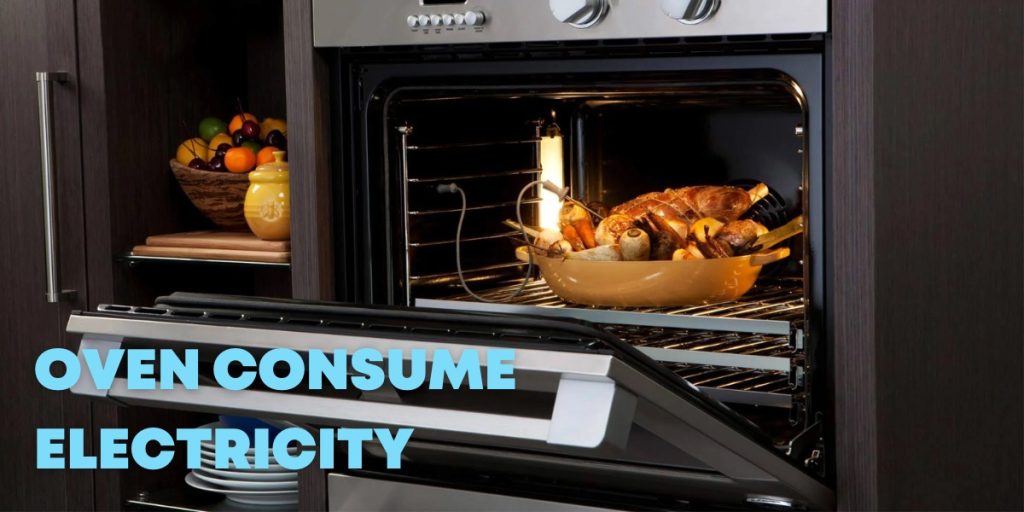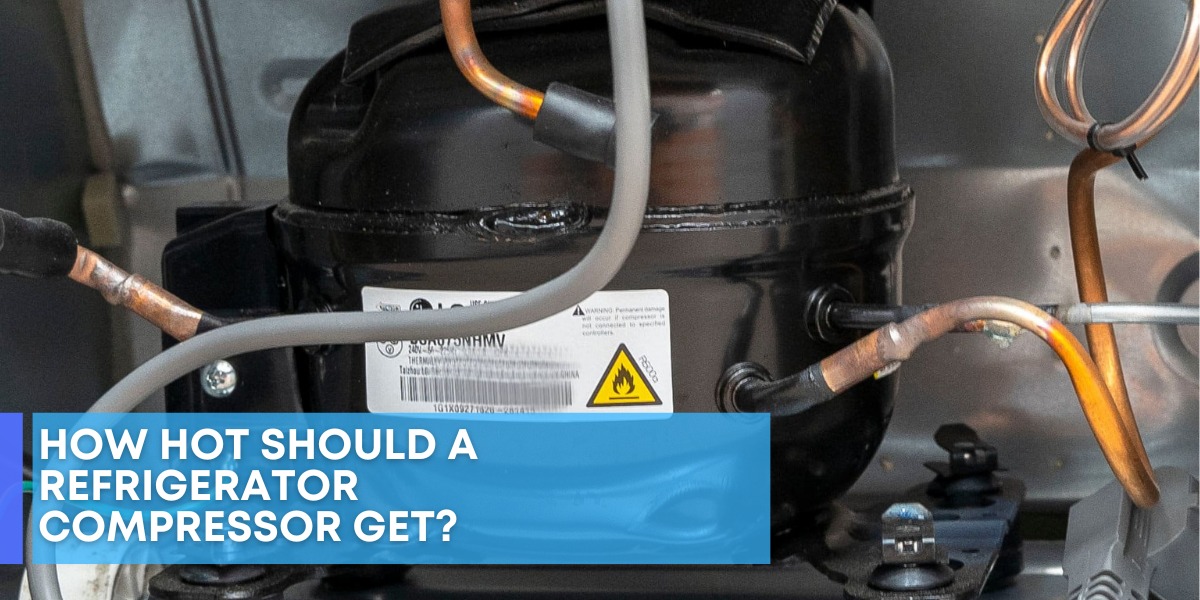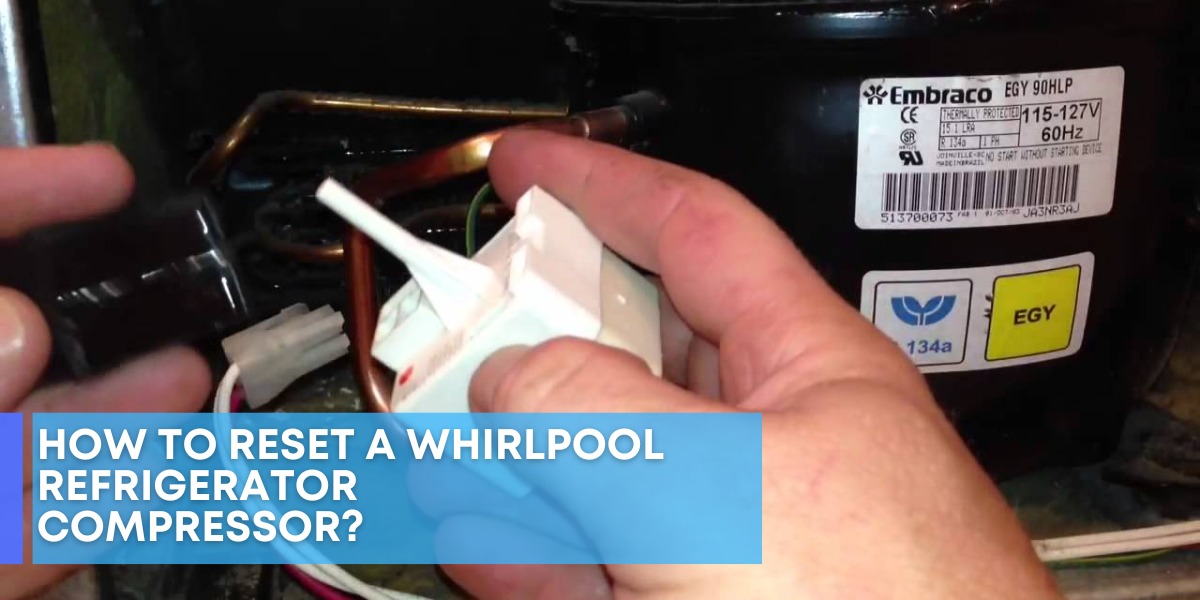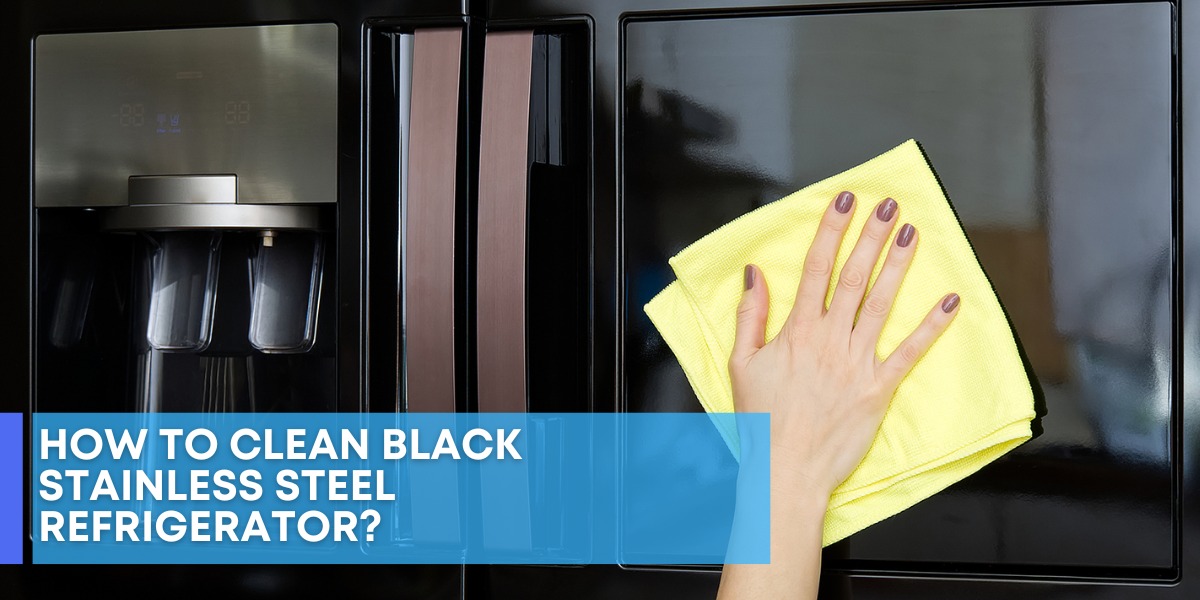Have you ever wondered how much electricity your oven uses? Whether you’re an avid baker, a master chef or someone who occasionally heats up leftovers, it’s important to know the energy consumption of your appliances. In this blog post, we will explore the various factors that determine how much electricity an oven consumes and provide tips on how to save energy and reduce your electricity bill. So let’s dive in!
How much oven consume electricity?
How much electricity does an oven use? Most ovens use between 1,000 and 2,000 watts of power. The average oven uses about 1,500 watts.

The Different Types of Ovens
There are many different types of ovens available on the market today, each with their own unique set of features and capabilities.
Here is a quick overview of some of the most popular types of ovens:
Standard Ovens: Standard ovens are the most common type of oven found in homes today. They come in a variety of sizes and can be used for baking, roasting, or broiling. Most standard ovens use either gas or electricity to operate.
Convection Ovens: Convection ovens are similar to standard ovens, but they have an additional feature that circulates hot air throughout the cooking chamber. This allows food to cook more evenly and efficiently. Convection ovens can be used for baking, roasting, or broiling.
Microwave Ovens: Microwave ovens use electromagnetic waves to cook food quickly and evenly. They are perfect for reheating leftovers or preparing quick meals. Most microwave ovens also have a built-in defrost cycle for frozen foods.
Are You In Need Of An Oven Repair Service In The UAE?
Hafixer is here to help. We are a highly experienced and professional team of appliance repair specialists who can assist you with all manner of home appliance repairs, including ovens. No matter what type of oven you have or what problem you are experiencing, we can help. We offer a fast, efficient and affordable repair service that will get your oven back up and running in no time. Contact us today to book a repair appointment.
Pros and Cons of an oven
Assuming you are talking about a conventional oven:
PROS:
- Ovens can cook large quantities of food at once. This is especially useful for big families or if you’re cooking for a party.
- Ovens can evenly cook food, resulting in consistent texture and flavor. This is due to the fact that heat circulates evenly in an oven.
- You can cook multiple dishes in an oven at once, which is helpful if you’re trying to save time or energy.
- Ovens can be used to keep food warm after it’s been cooked, making it ideal for serving later on.
- Some ovens come with features like self-cleaning or a delayed start timer, which can be very convenient.
CONS:
- Ovens can take longer to cook food than other methods, such as stovetop cooking or using a microwave.
- Ovens can be expensive to purchase and operate, especially if they’re not energy-efficient models.
- Ovens can generate a lot of heat, making your kitchen uncomfortably warm during the summer months.
- Some people find ovens difficult to clean, especially if there are spills or splatters inside the unit.
- Ovens can be dangerous to use if you don’t follow the manufacturer’s instructions for safe operation.
What are the most energy-efficient ovens?
There are many factors to consider when purchasing an energy-efficient oven.
Some of the most important things to look for include:
- The size of the oven – A larger oven will obviously use more energy than a smaller one. Make sure to purchase an oven that is the right size for your needs.
- The type of heating element – There are two common types of heating elements used in ovens: radiant and convection. Radiant heating elements are more energy-efficient than convection ones.
- The insulation – A well-insulated oven will retain heat better and therefore use less energy. Look for an oven with good insulation, such as a double-walled oven.
- The features – Some features, such as self-cleaning or a delay start timer, can use more energy than others. Choose an oven with only the features you need in order to save on energy consumption.
- The energy rating – Check the oven‘s energy rating to determine how energy-efficient it is. Look for a model with an A or A+ rating.
How to save money on your electric bill?
One way to save money on your electric bill is by using an oven less frequently. Consider using a microwave, toaster oven, or stovetop instead of your oven when possible. Additionally, make sure your oven is properly insulated and free of leaks.
Inspect the door seals and gasket regularly to ensure they are tight-fitting and in good condition. When cooking, use the proper size cookware for your food so that you don’t waste energy heating empty space. Finally, be sure to clean your oven regularly. A dirty oven has to work harder to maintain the correct temperature, which uses more energy and costs you more money.
In conclusion, ovens do consume a lot of electricity. The exact amount depends on the size of your oven and how long it is used for each time. If you want to save money on your energy bill, consider investing in an Energy Star certified appliance which uses less energy than traditional models. Additionally, try to limit the use of your oven when possible and pay attention to best practices such as preheating only when necessary or using glassware that reflects heat back into the oven. Following these tips should help you reduce the amount of electricity consumed by your oven and make a difference in reducing your monthly utility bills.











